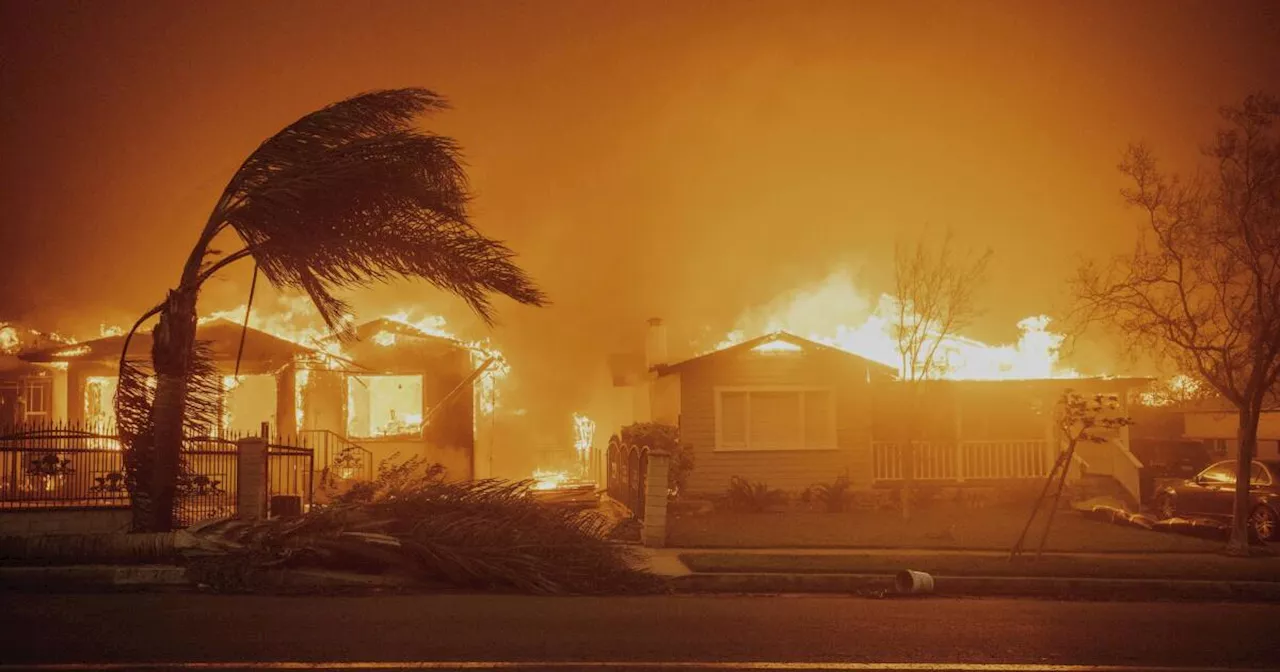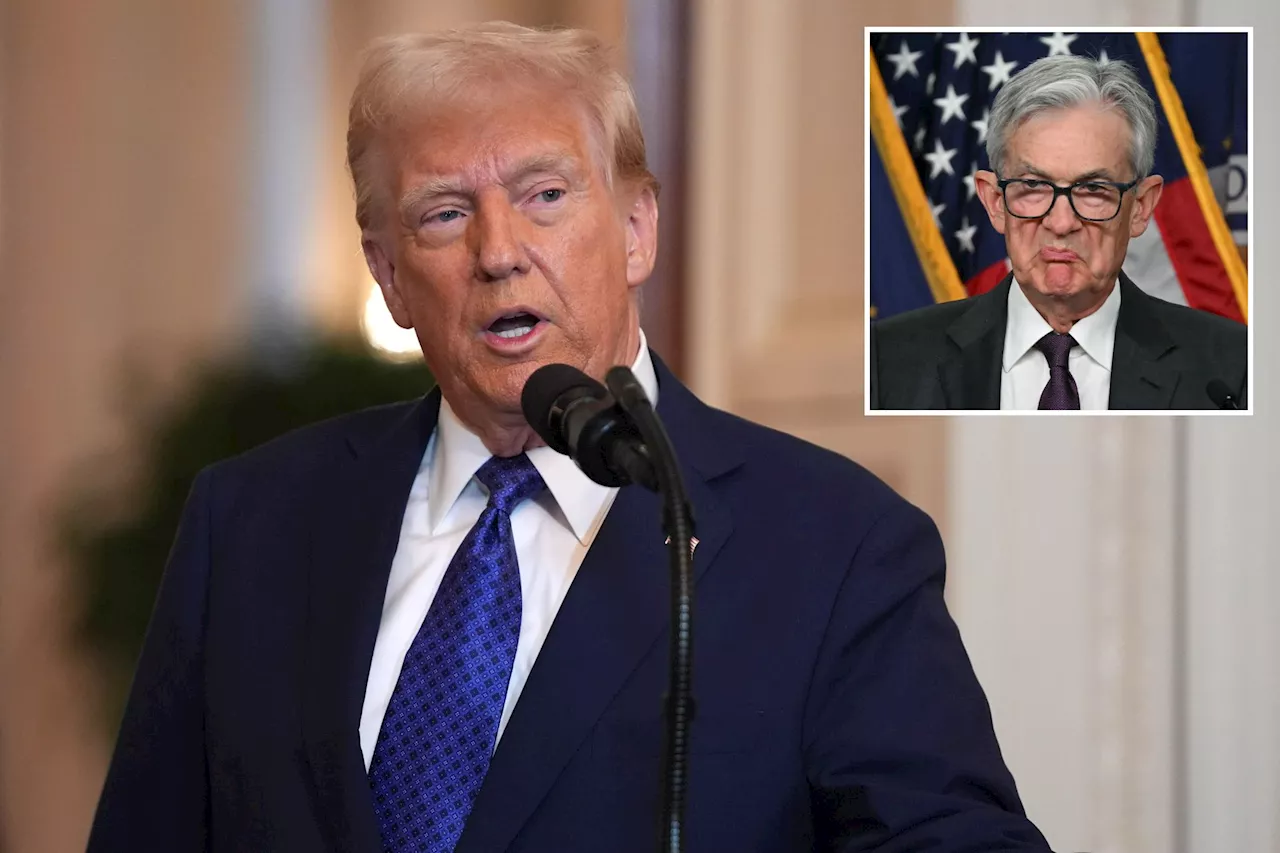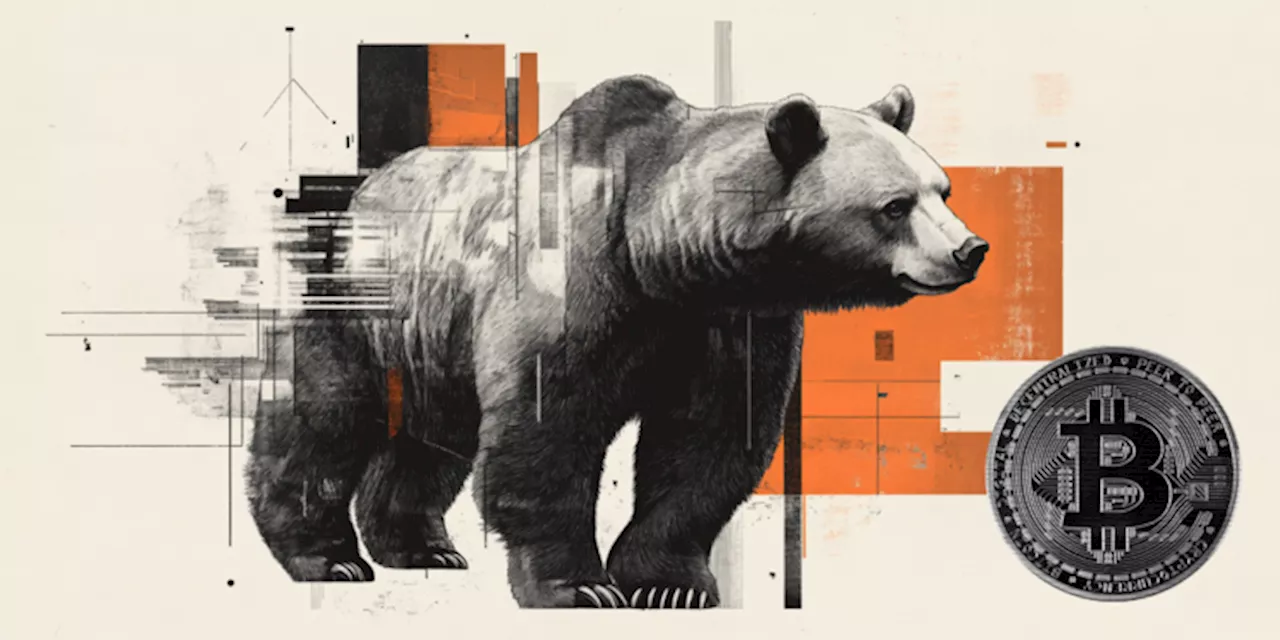The Federal Reserve Bank of New York has published a groundbreaking study analyzing bank failures in the U.S. Using a unique dataset spanning over 150 years, the study reveals key warning signs preceding bank collapses. The study highlights rising losses, deteriorating solvency, and a boom-bust cycle as common characteristics of failing banks. This analysis prompts questions about the current health of the banking system and whether regulators are adequately addressing potential risks.
The NY Fed has recently published a study on bank failures in the U.S., examining the reasons why banks fail. For this study, the regulator constructed a large database with balance sheet information for most U.S. banks dating back to the Civil War.
We assess banks based on 20 different metrics, which enhances the accuracy of our predictions compared to the Fed's study.Again, when we published our methodology in early 2022, we emphasized that those 20 metrics are just one part of our analysis. The most crucial aspect is identifying the"red flags" and excluding banks that exhibit them.
The third conclusion from the Fed’s study is that failing banks tend to follow a boom-bust cycle. They experience rapid growth, both in absolute terms and relative to their peers, up to three years before failure, after which they begin to contract. This asset growth is primarily driven by loan growth.If you follow our banking articles, you're aware that we have published several pieces about asset and credit growth in the banking system.
So, I want to take this opportunity to remind you that we have reviewed many larger banks in our public articles. But I must warn you: The substance of that analysis is not looking too good for the future of the larger banks in the United States, and you can read about them in the prior articles we have written.
You have a responsibility to yourself and your family to make sure your money resides in only the safest of institutions. And if you're relying on the FDIC, I suggest you read our prior articles, which outline why such reliance will not be as prudent as you may believe in the coming years, with one of the main reasons being the banking industry’s desired move towards bail-ins.
Economics BANKFAILURES FINANCIALRISK ECONOMICANALYSIS REGULATORY Oversight BANKING INDUSTRY
United States Latest News, United States Headlines
Similar News:You can also read news stories similar to this one that we have collected from other news sources.
 Study says climate change made conditions that fed California wildfires more likely, more intenseA quick scientific study finds that human-caused climate change increased the likelihood and intensity of the hot, dry and windy conditions that fanned the flames of the recent devastating Southern California wildfires.
Study says climate change made conditions that fed California wildfires more likely, more intenseA quick scientific study finds that human-caused climate change increased the likelihood and intensity of the hot, dry and windy conditions that fanned the flames of the recent devastating Southern California wildfires.
Read more »
 Study says climate change made conditions that fed California wildfires more likely, more intenseHuman-caused climate change increased the intensity of the dry and windy conditions that fanned the flames of the recent devastating Southern California wildfires, a scientific study found.
Study says climate change made conditions that fed California wildfires more likely, more intenseHuman-caused climate change increased the intensity of the dry and windy conditions that fanned the flames of the recent devastating Southern California wildfires, a scientific study found.
Read more »
 Czech National Bank Approves Proposal to Study Bitcoin as Reserve AssetECB President Lagarde said she's 'confident' bitcoin will not be a part of the assets of any EU central bank.
Czech National Bank Approves Proposal to Study Bitcoin as Reserve AssetECB President Lagarde said she's 'confident' bitcoin will not be a part of the assets of any EU central bank.
Read more »
 Signature Bank shut down as FDIC, Treasury, and the Fed cite ‘systemic risk’Another big crypto bank has vanished, with the Treasury, FDIC, and Federal Reserve citing “systemic risk” at Signature, while promising Silicon Valley Bank depositors will have access to all of their funds on Monday.
Signature Bank shut down as FDIC, Treasury, and the Fed cite ‘systemic risk’Another big crypto bank has vanished, with the Treasury, FDIC, and Federal Reserve citing “systemic risk” at Signature, while promising Silicon Valley Bank depositors will have access to all of their funds on Monday.
Read more »
 Trump slams Fed over 'terrible' job on bank regulation, failing to stop inflationThe Fed held interest rates steady and gave little insight into when further reductions in borrowing costs may take place.
Trump slams Fed over 'terrible' job on bank regulation, failing to stop inflationThe Fed held interest rates steady and gave little insight into when further reductions in borrowing costs may take place.
Read more »
 Bitcoin Holds Steady Above $104,000 Despite Fed Rate Decision, Czech National Bank Considers Bitcoin ReservesBitcoin (BTC) price remains strong above $104,000 despite recent market fluctuations caused by DeepSeek's release and the Federal Reserve's interest rate decision. Experts remain optimistic about Bitcoin's future, with some predicting a retest of its all-time high. Meanwhile, the Czech National Bank is considering investing up to 5% of its reserves in Bitcoin, potentially making it the first central bank to hold Bitcoin reserves.
Bitcoin Holds Steady Above $104,000 Despite Fed Rate Decision, Czech National Bank Considers Bitcoin ReservesBitcoin (BTC) price remains strong above $104,000 despite recent market fluctuations caused by DeepSeek's release and the Federal Reserve's interest rate decision. Experts remain optimistic about Bitcoin's future, with some predicting a retest of its all-time high. Meanwhile, the Czech National Bank is considering investing up to 5% of its reserves in Bitcoin, potentially making it the first central bank to hold Bitcoin reserves.
Read more »
